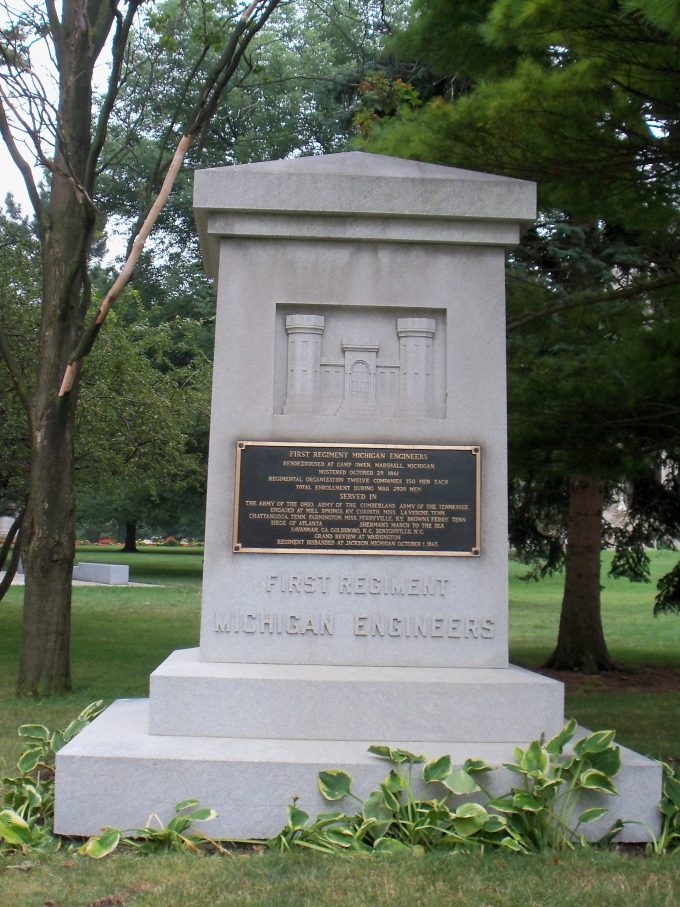
For I want you to know what a great conflict I have for you and those in Laodicea, and for as many as have not seen my face in the flesh, Colossians 2:1
To open Chapter 2 (remember though that chapter divisions didn’t exist at this time), Paul says, “For I want you to know…” The words are given to show that what his heart feels is what he is trying to convey, knowing that if they understood these emotions, they would be truly affected concerning his words. More commonly, Paul would say, “I would not have you to be ignorant,” such as in 1 Corinthians 12:1. Here he makes it a positive, rather than a negative, statement.
Understanding this, he continues with, “…what a great conflict I have for you and those in Laodicea.” The word he uses here is the noun agon. It is cognate to the verb “striving” of verse 1:29. It is as if he were in a battle or a wrestling match against the spiritual foes of the church, fighting for the precious saints that he was called to minister to. It is certainly a spiritual battle which he is speaking of, as the words of the next clause will show. In verse 4:12, he will again use the verb form of the word when speaking of the prayers of Epaphras. This further shows us that Paul’s conflict is tied into the striving of Epaphras, which is spiritual in nature. His desire was that they could know and understand the level of trial and striving he had put forth on the behalf of the churches of Colossae and Laodicea.
But he next shows that this conflict was not limited to them alone. Rather, it extended to “as many as have not seen my face in the flesh.” He was, at this point, unknown personally to many, and yet he labored for them in the great conflict of spiritual matters. He wrote epistles, he studied the Scriptures in order to find answers to questions which had been sent to him, he steadfastly prayed for those who were being led astray, and so on. It was his calling to minister, and minister he did. He put forth great effort in order to bring soundness of doctrine and peace within the fellowship to those he ministered to.
Life application: Are you willing to minister to those you have never actually met? What will you do if someone emails you with questions concerning doctrine? And what if you hear of a church that is struggling and facing great trials? We have open to us a vast amount of resources for helping in doctrine, and we have the throne of heaven open to us for prayer when such needs are made known to us. Let us use these tools as weapons in the great spiritual battle we are engaged in.
Lord God, You word tells us that we are in a spiritual battle. The life we live certainly shows us that this is true. And so why would we think that we can make it safely through this conflict without possessing all the tools necessary to engage the enemy? And yet, we fashion our own weapons which have no ability to overcome the powers of wickedness instead of going to the arsenal you have already provided for us. Your word tells us who the enemy is, what weapons to use, and how to employ them. Help us to get it right, and to enter the battle properly fitted with the things we need to win. Give us wisdom to read Your word and apply it to our lives. Amen.




